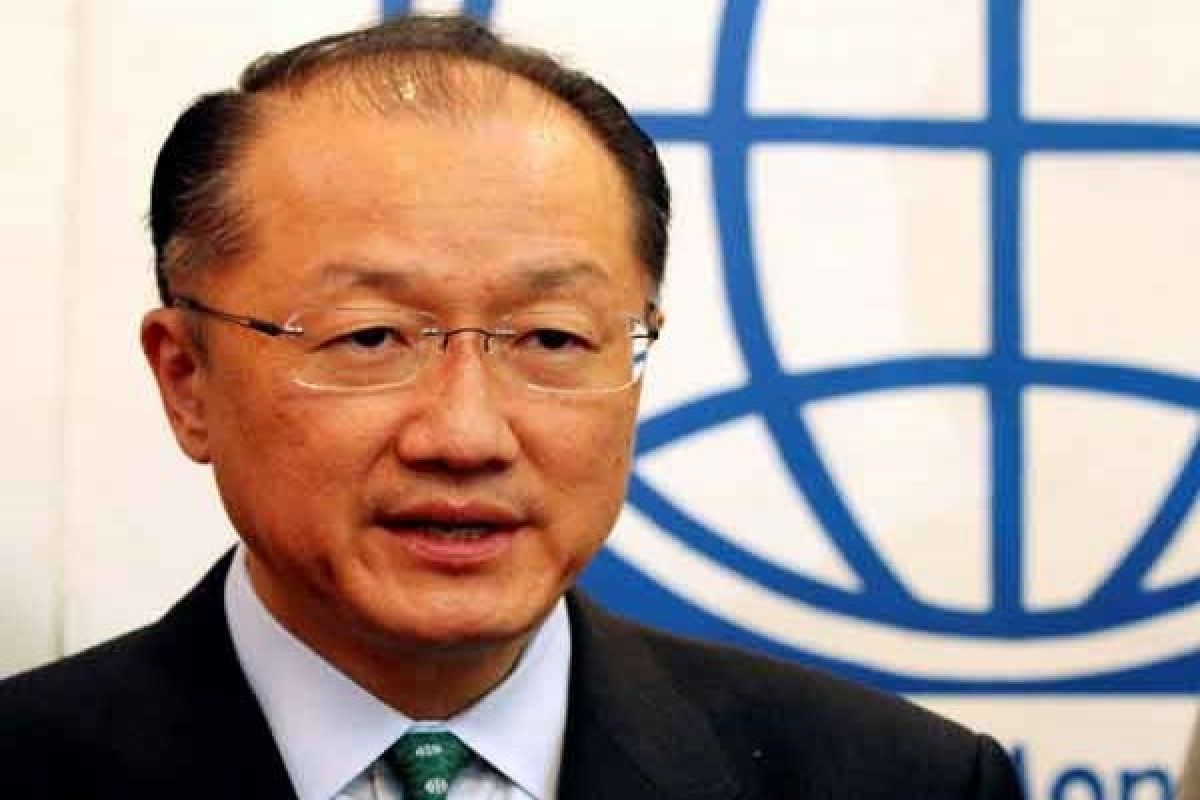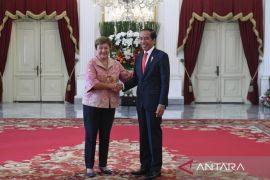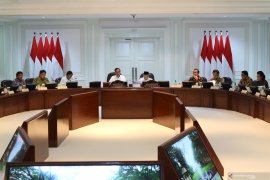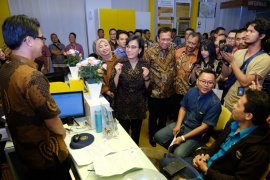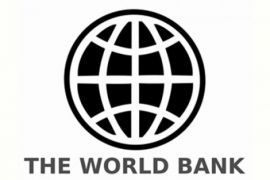Globally, the growth of 165 million children under five is stunted due to malnutrition."Jakarta (ANTARA News) - The World Bank Group supports the global nutrition improvement program movement, especially for the poor in Indonesia in order to anticipate the potential food prices rise that is difficult to predict.
"Globally, the growth of 165 million children under five is stunted due to malnutrition. This is a result of poverty," said World Bank President Jim Yong Kim in a release received here on Friday.
Therefore the World Bank Group will increase three times the amount of direct funding for nutrition programs for maternal and child mortality in developing countries.
Kim Yong said that the funding that will be disbursed is amounted to 600 million U.S. dollars in the period 2013-2014, an increase of 230 million U.S. dollars in 2011-2012.
Approximately 90 percent of these funds will be channeled through a subsidiary of the World Bank, the International Development Association (IDA), which is tasked to disburse funds to the poorest countries in the world.
The amount increase also meant to anticipate the global food price volatility, so that the World Bank will also review the activities undertaken in the field of agricultural institutions to improve nutrition outcomes through Program Global Agriculture and Food Security (GAFSP).
Indonesia is considered to be able to reach out to the stage when the food sovereignty if various food security-related issues have been solved both in agriculture or marine and fisheries.
"Indonesia should have moved on from food security to food sovereignty," said the Secretary-General of the People`s Coalition for Fisheries Justice (Kiara) Abdul Halim, Tuesday, June 4.
According to Halim, the imported fish increase by 36.13 per cent from 2007 to 2011 showed that Indonesia is still experiencing major problems in the provision of fishery food.
Moreover, the national fish consumption has steadily increased over the last five years.
"There is a mistake in the management of fisheries resources. The fishery production is high, but fish import quota also increased at same time," he said.
Meanwhile, the Rice Working Group Coordinator from the Prosperous Villages Alliance Said Abdullah said that the lack of sovereign food budget shows lack of seriousness in realizing food sovereignty in the middle of the swift food imports.
Ironically in the 80`s Indonesia was known as a self-sufficient country that can be a food exporter, Halim added.
(Uu.A050/O001)
Reporter: Muhammad Razi Rahman
Editor: Priyambodo RH
Copyright © ANTARA 2013
